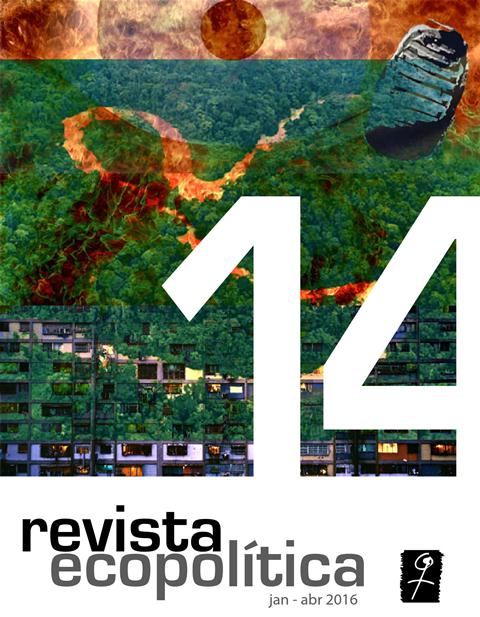Foucault e o grupo fourieirista La Phalange
Abstract
Este artigo discute o destaque que Foucault reserva ao grupo fourierista La Phalange, em seu livro Vigiar e Punir. Ele presta atenção nas táticas diferenciadas de luta política que os partidários de Fourier empreendiam, principalmente no que diz respeito à crítica ao acoplamento entre o delinquente e a delinquência e a descrição de Paris como uma cidade carcerária. Para o olhar genealógico de Foucault, o jornal La Phalange, tanto na análise da fala de uma criança diante de um tribunal, quanto ao divulgar um texto anônimo, entende o funcionamento da sociedade disciplinar por meio das relações de forças. Além disso, o texto explicita ressonâncias entre a escrita de Vigiar e Punir e a própria militância de Foucault em seu Grupo de Informações sobre as Prisões, o GIP, formado em
1971.
Palavras-chave: Foucault, Vigiar e Punir, La Phalange, militância política
ABSTRACT:
This article discusses the highlight that Foucault gives to the Fourierist group La Phalange, in his book Discipline and Punish. He notes the singular tactics of political struggle undertaken by Fourier’s supporters, especially the critical association between the delinquent and the delinquency and the description of Paris as a carceral city. According to Foucault’s genealogical approach the newspaper La Phalange - in analysis of a child speech before a tribunal and in the disclosing an anonymous text - understands the functioning of the disciplinary society through the relationships of forces. In addition, the text shows resonances between the writing of Discipline and Punish and Foucault’s activism in his Information group on prisons, the GIP, formed in 1971.
Keywords: Foucault, Discipline and Punish, La Phalange, militancy

